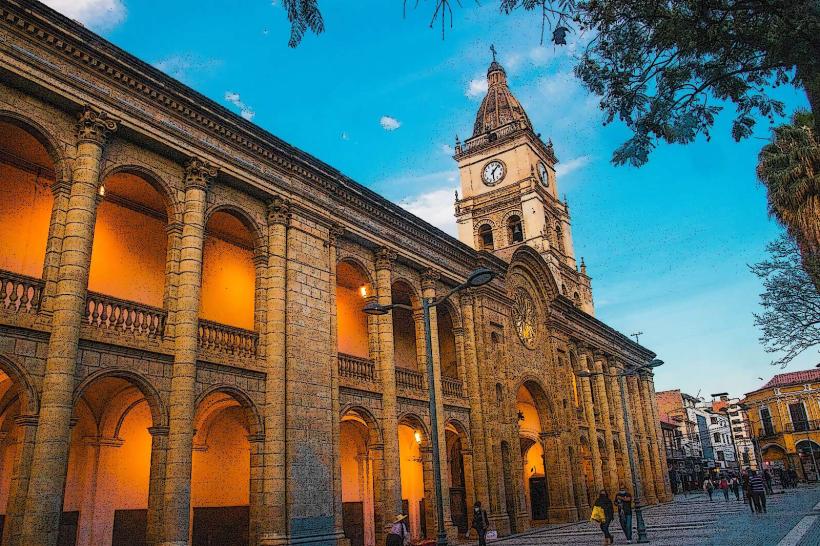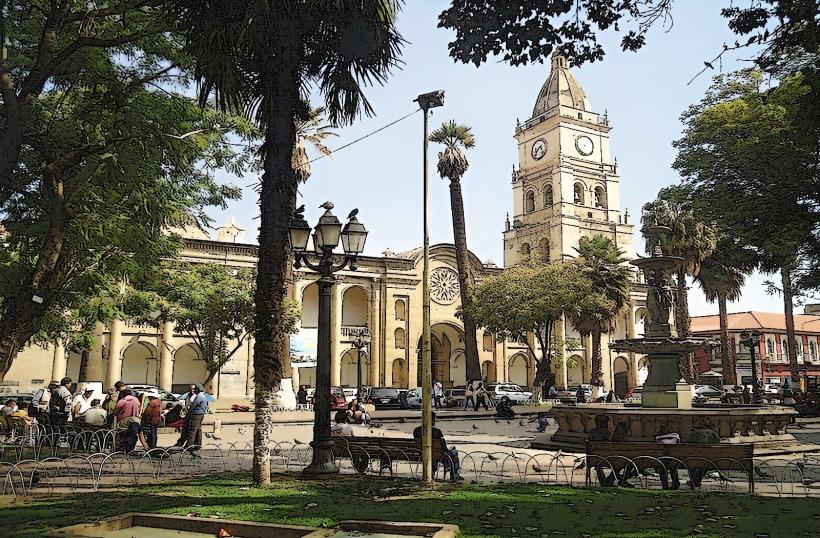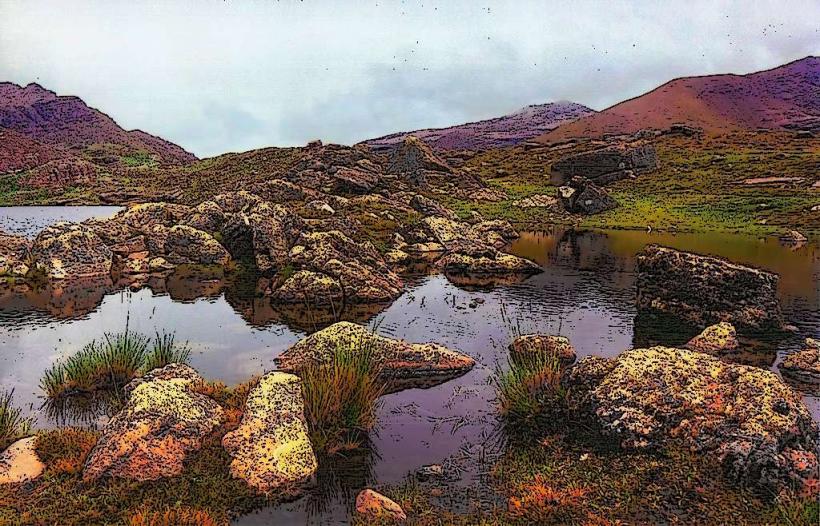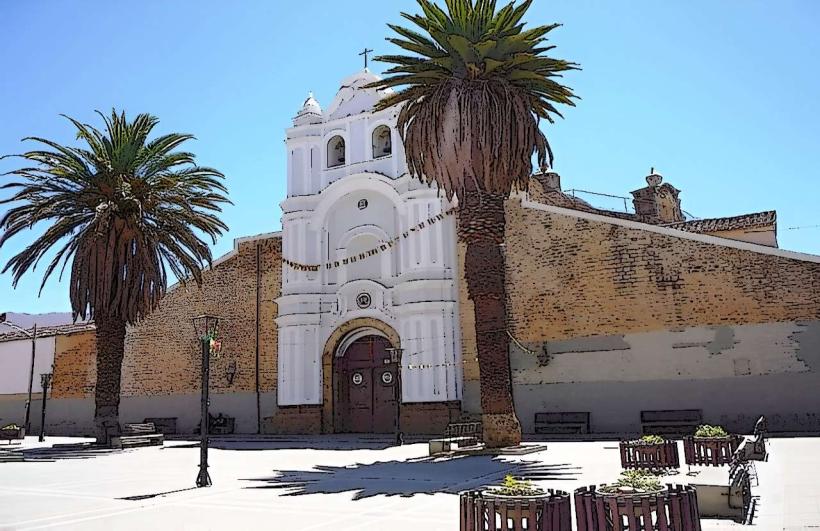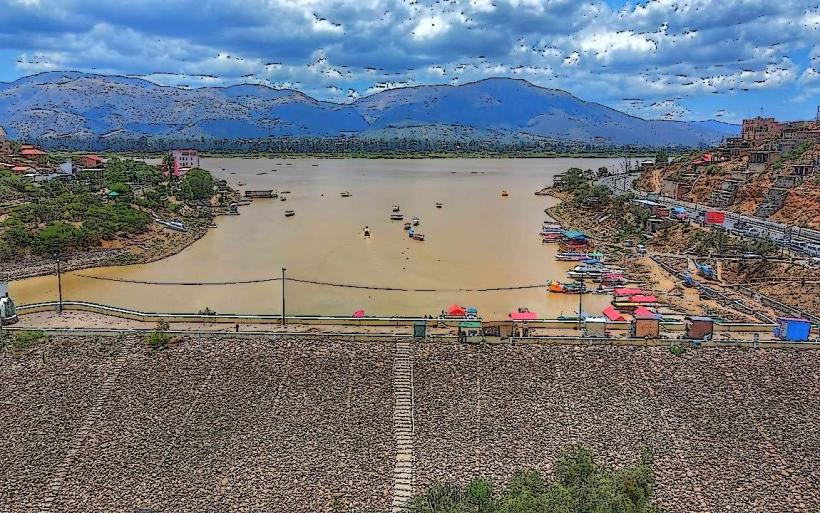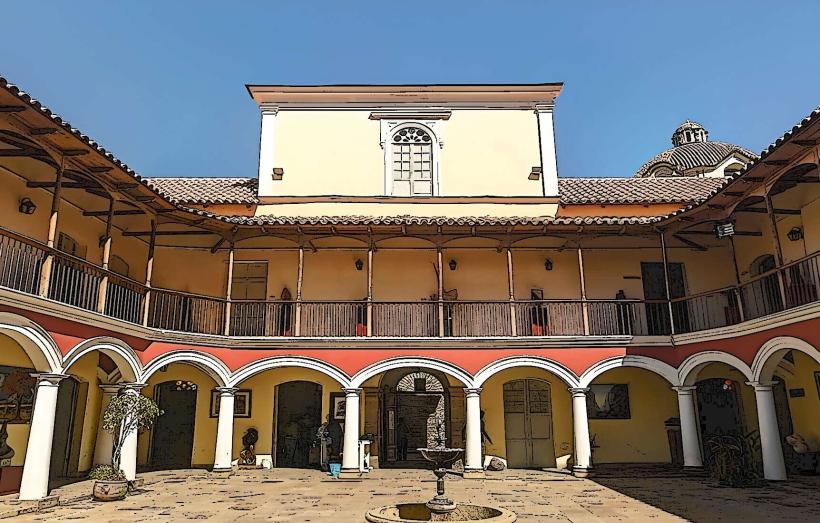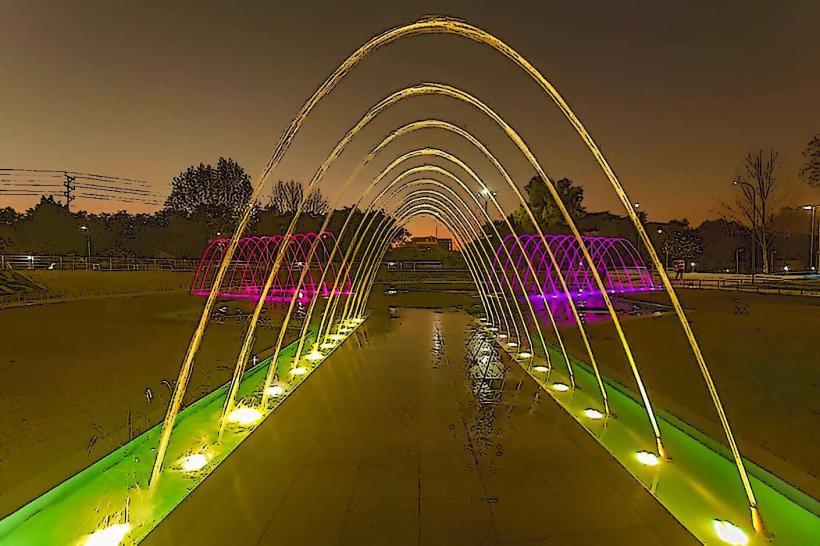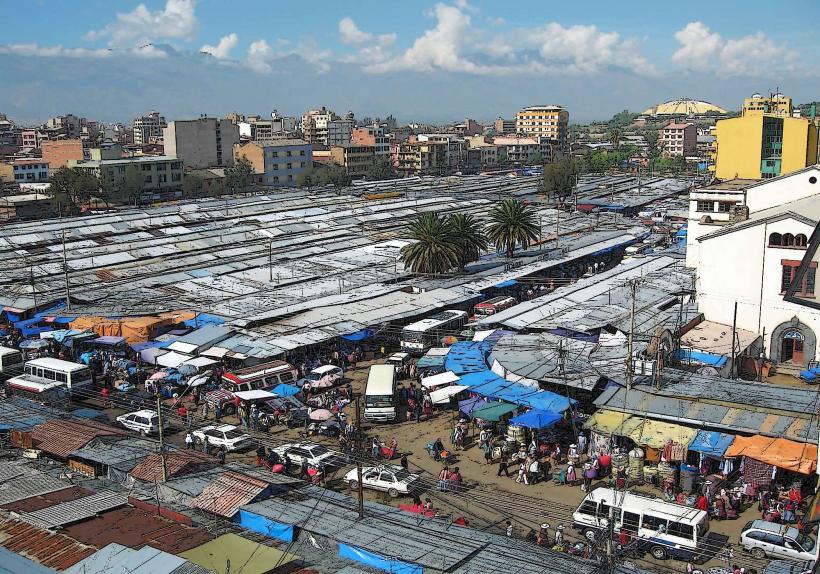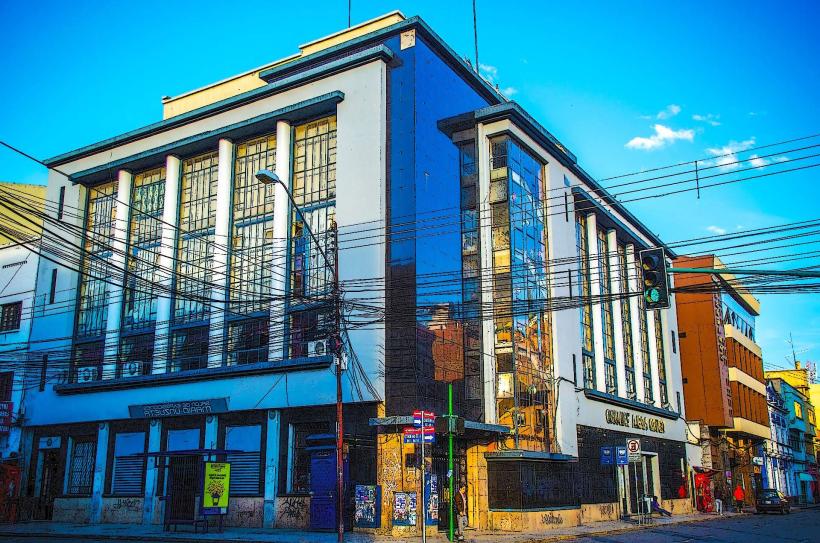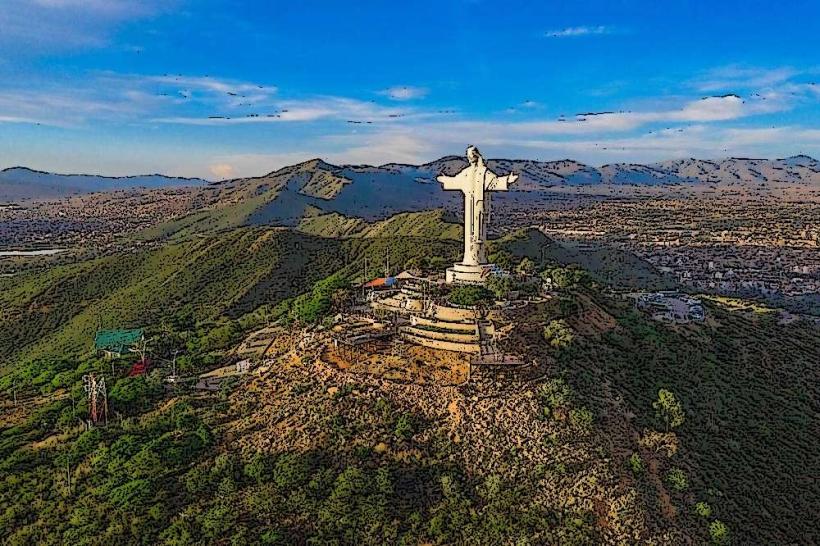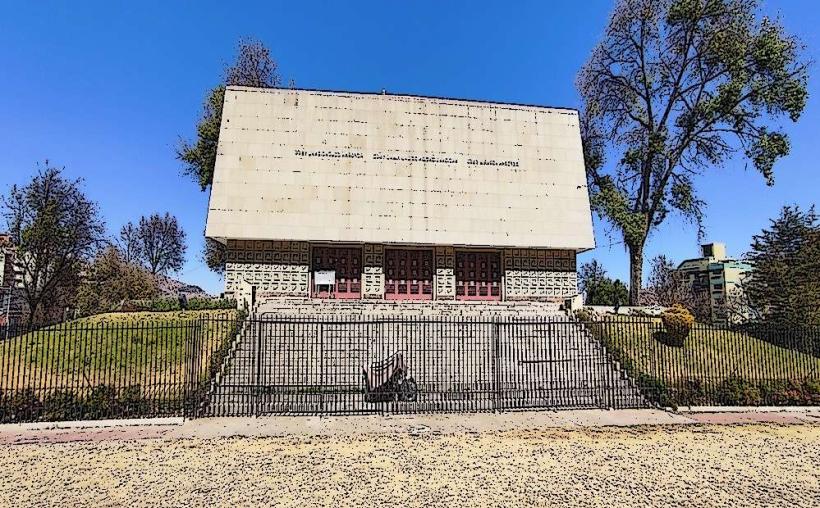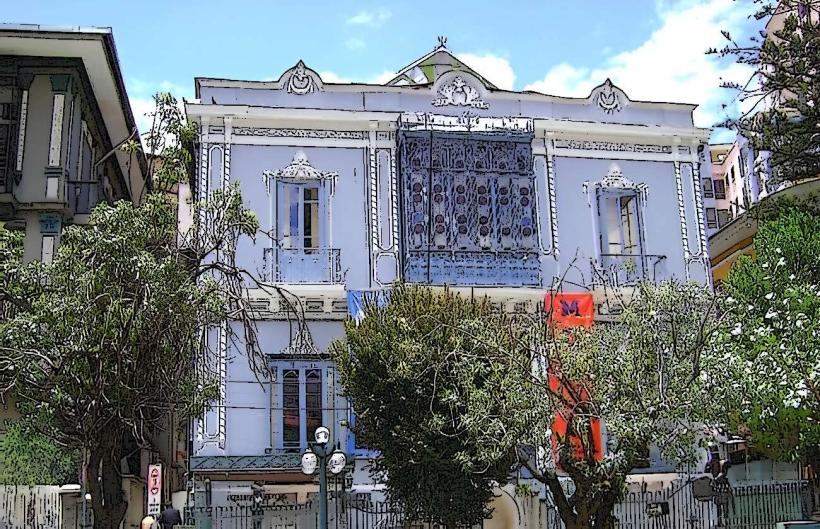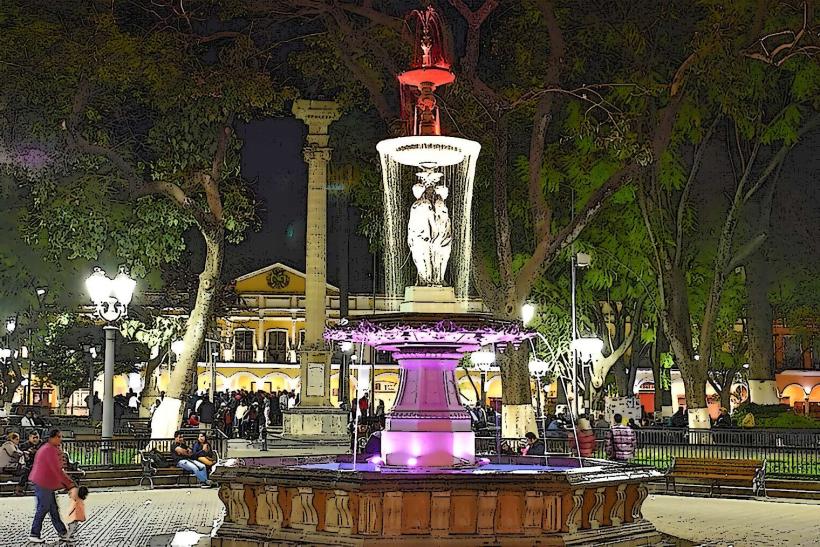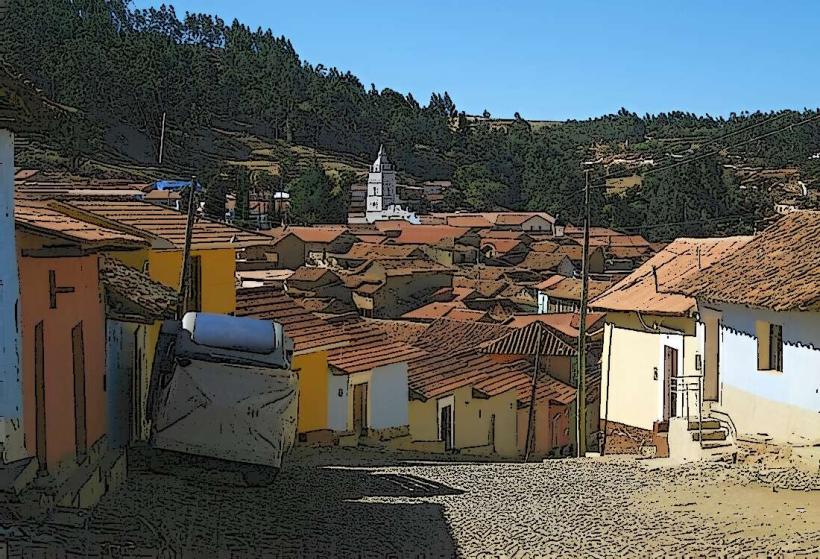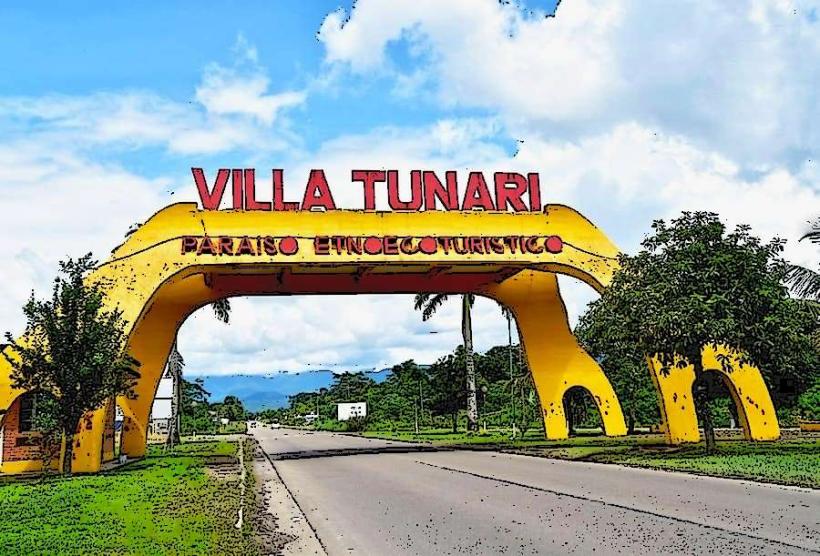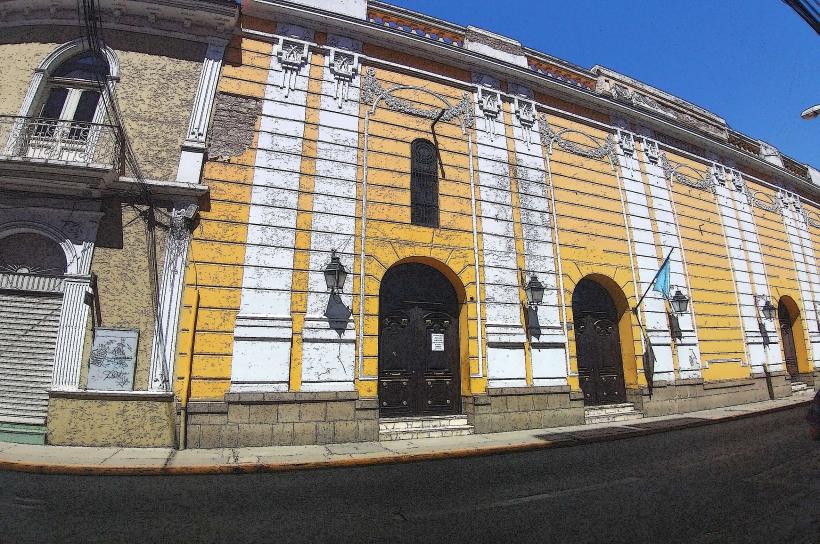Information
Landmark: Laguna AlalayCity: Cochabamba
Country: Bolivia
Continent: South America
Laguna Alalay, Cochabamba, Bolivia, South America
Laguna Alalay is a shallow urban lake situated within the city limits of Cochabamba, Bolivia.
It serves as a significant ecological and recreational area for the metropolitan population.
Visual Characteristics
The lake's water color varies from murky brown to greenish-brown depending on rainfall and sediment levels. Its perimeter is largely defined by reeds and grasses, with some areas featuring concrete embankments. The lake's surface area fluctuates seasonally.
Location & Access Logistics
Laguna Alalay is located approximately 2 kilometers south of Cochabamba's central plaza. Access is primarily via Avenida Costanera, which encircles the lake. Several local bus routes, including lines 1, 4, and 12, run along Avenida Costanera, providing direct access. Limited street parking is available around the lake's perimeter, though it can be congested during peak hours.
Historical & Ecological Origin
Laguna Alalay is a natural depression that has been modified and managed as an urban reservoir. Its ecological origin is tied to the local hydrology of the Cochabamba valley. Historically, it has been a water source and a habitat for migratory birds.
Key Highlights & Activities
Birdwatching is a primary activity, with numerous waterfowl species present. Walking and cycling paths are available along the lake's edge. Fishing is permitted in designated areas. The park surrounding the lake is used for recreation.
Infrastructure & Amenities
Restrooms are located within the park facilities. Shaded areas are provided by trees and some covered seating. Cell phone signal (4G) is generally available. Food vendors operate on the periphery of the park, particularly on weekends.
Best Time to Visit
The best time for birdwatching is early morning or late afternoon. The dry season (May to October) generally offers more stable water levels. The wet season (November to April) can lead to higher water levels and increased sediment.
Facts & Legends
Laguna Alalay is a critical stopover point for migratory birds in the Andean region. Local folklore sometimes attributes unusual weather patterns to the lake's presence.
Nearby Landmarks
- Estadio Félix Capriles (0.8km Northwest)
- Parque de las Culturas y de la Madre (1.2km North)
- Plaza Colón (2.0km North)
- Catedral Metropolitana de Cochabamba (2.1km North)

